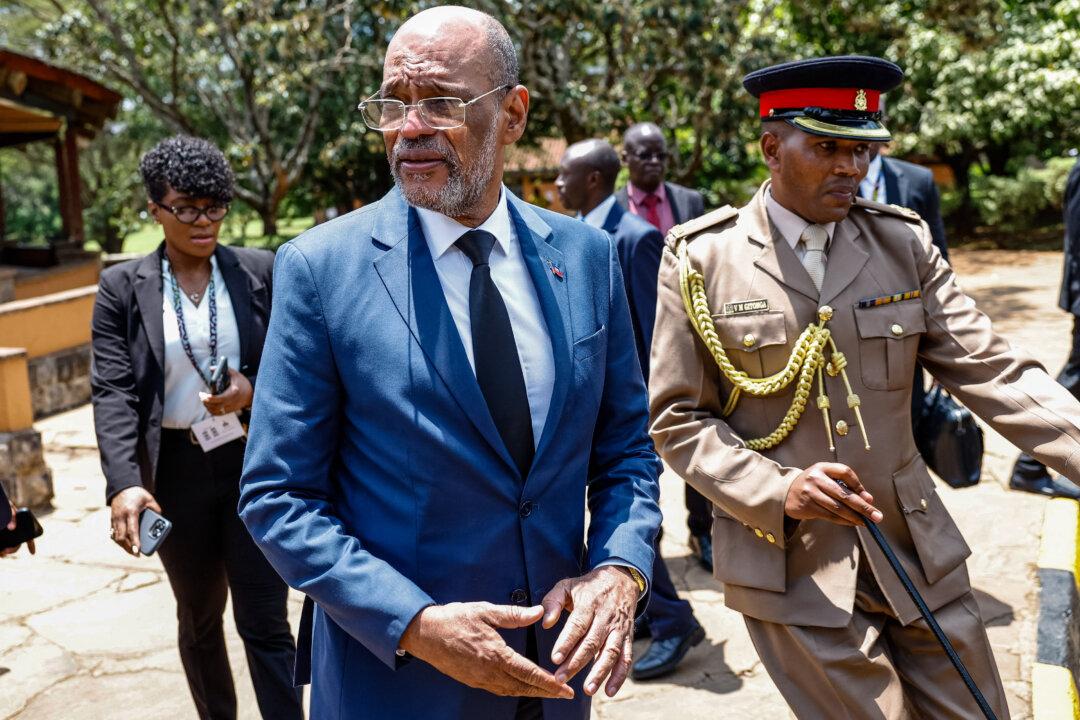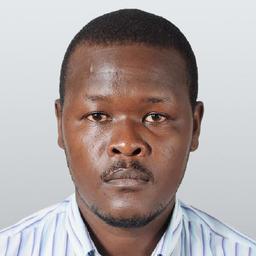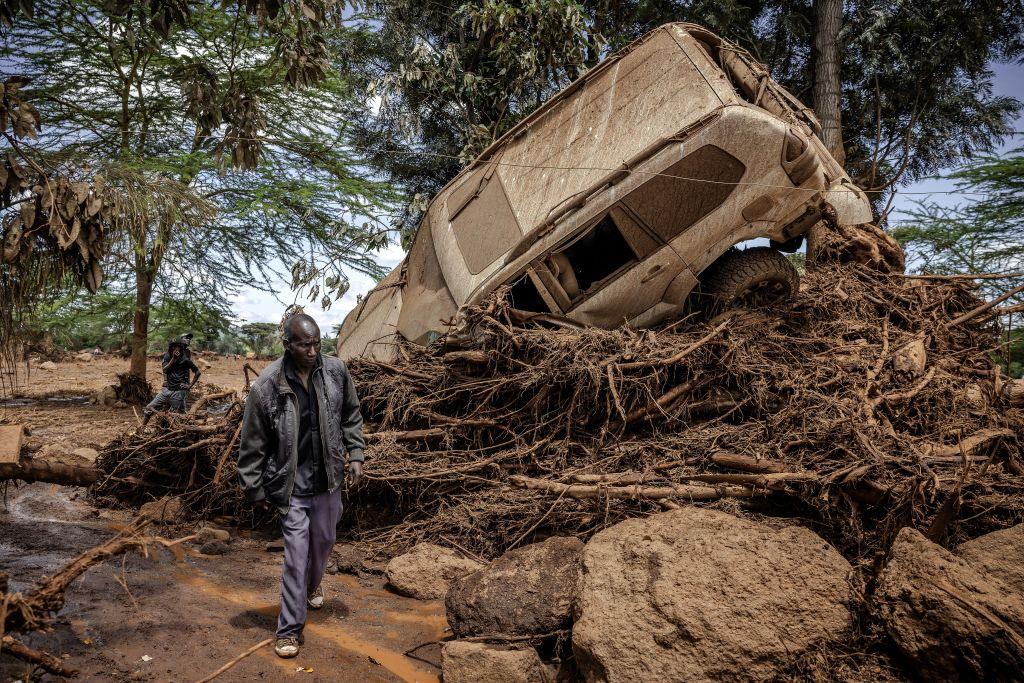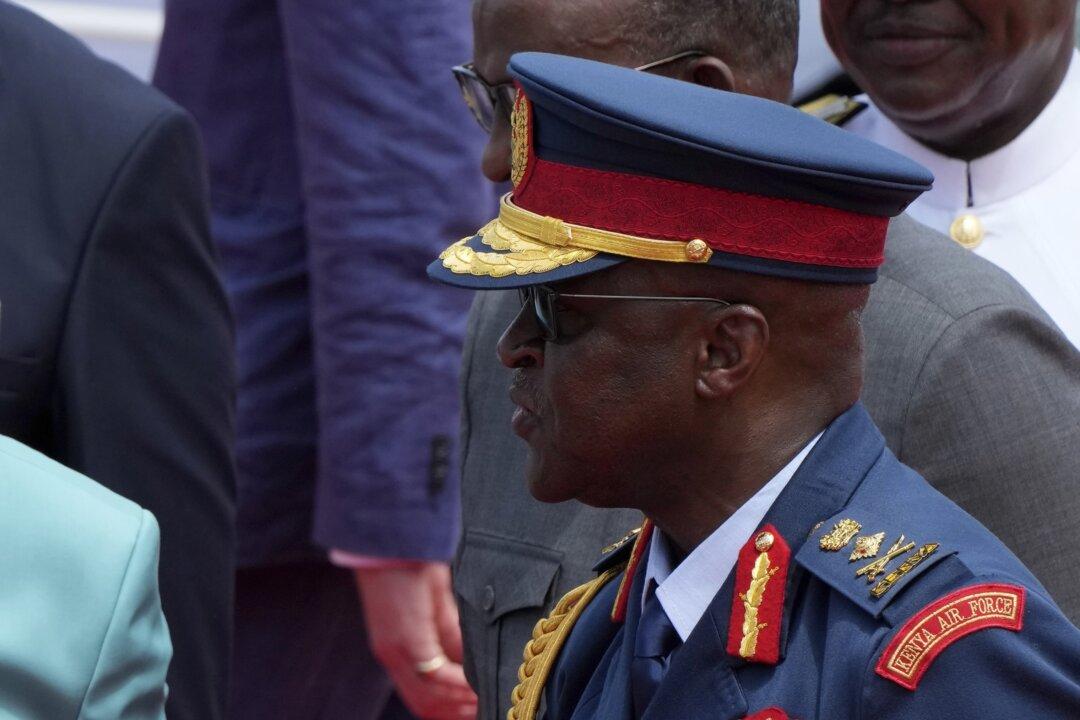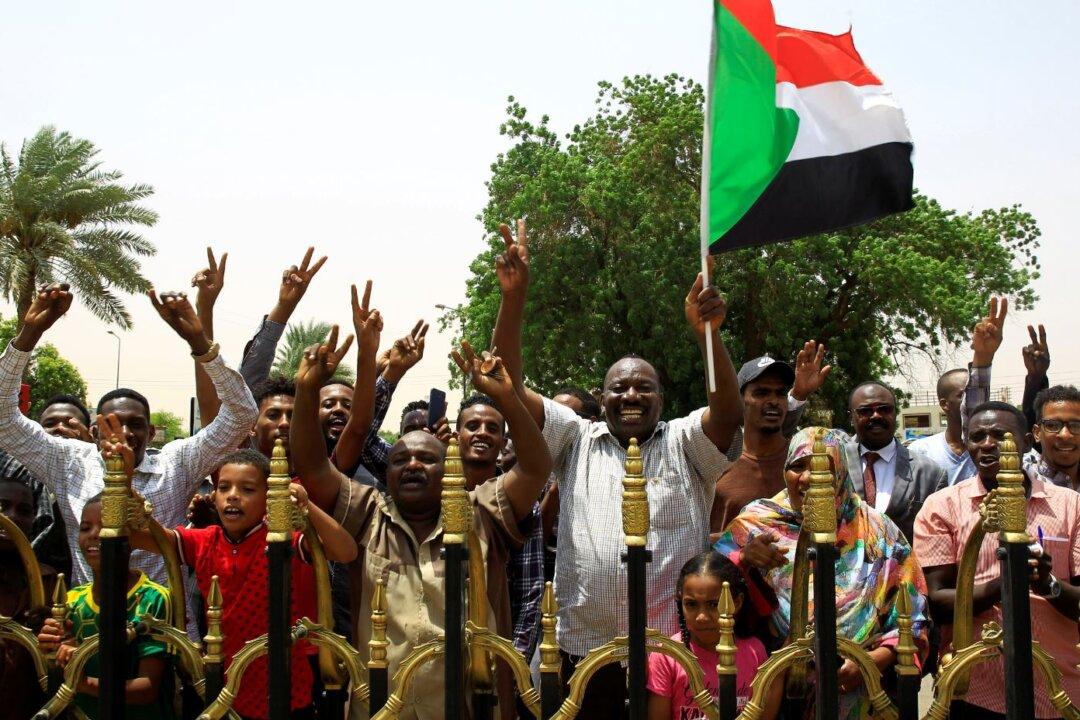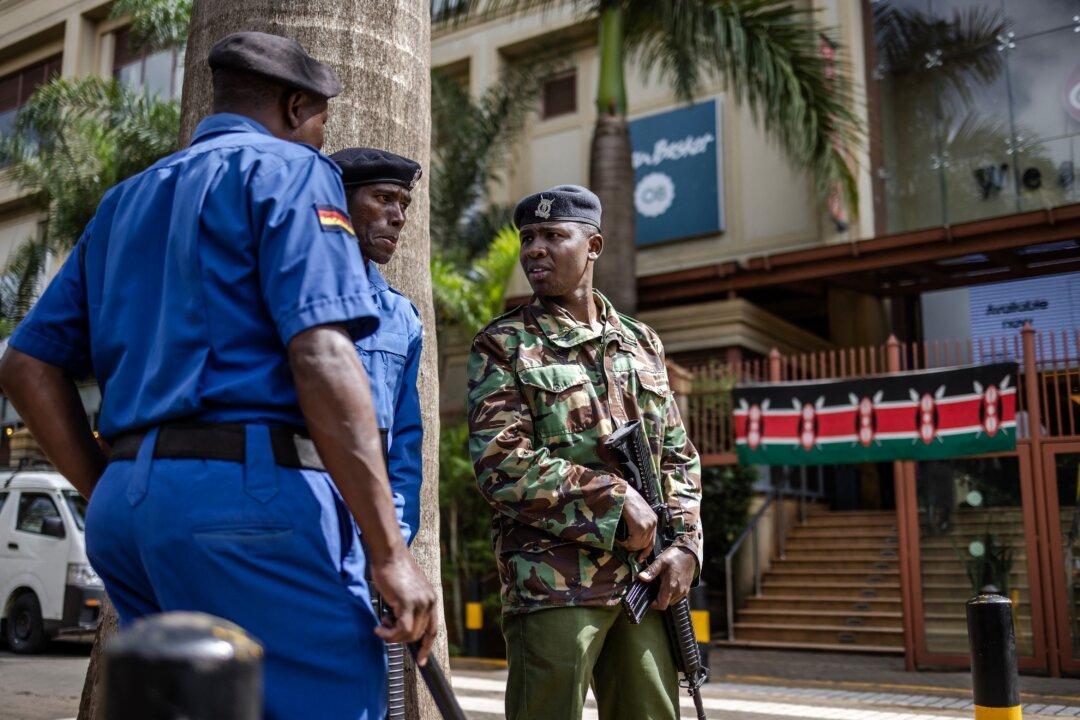Kenya has halted plans to deploy a thousand of its police officers to lead the mission in Haiti to restore law and order in the streets rocked by gang protests for the past few months after the country’s Prime Minister Ariel Henry bowed to pressure to resign.
Nairobi, Kenya’s capital, made the decision despite expressing enthusiasm in October last year for leading a U.N. peacekeeping mission to Haiti. The policing plans attracted criticism from Kenyans, with the majority saying that the country needs to prioritize deploying its police to Haiti.
